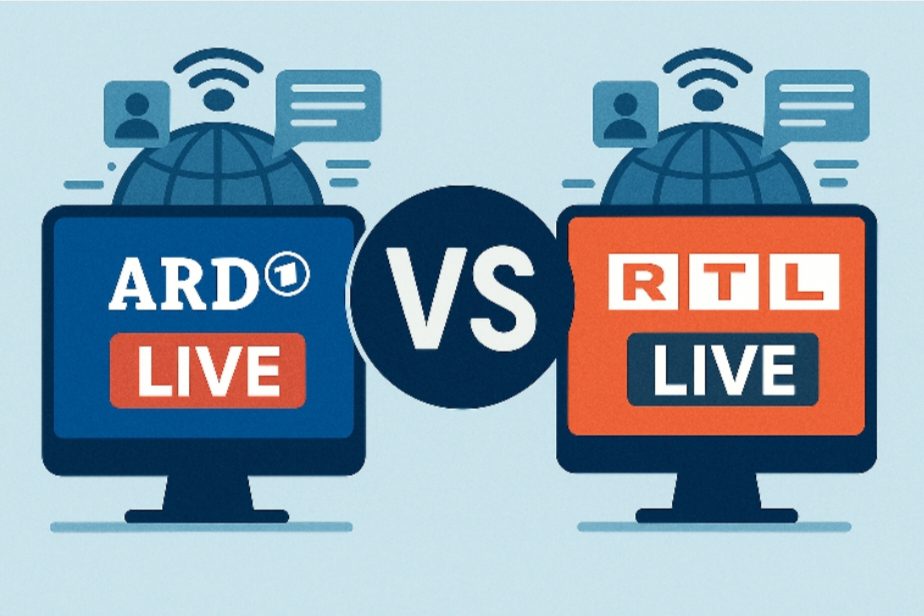
Contents
- 1 Why is it important to know the differences between a lawyer, a notary, and a judge?
- 2 What is the role of a lawyer and what are his main powers?
- 3 What is the role of a notary and what unique services is he authorized to provide?
- 4 What is the role of a judge and how does he operate in the legal system?
- 5 What are the main differences between a lawyer, a notary, and a judge in a concise summary?
Why is it important to know the differences between a lawyer, a notary, and a judge?
When you encounter a legal need, whether it’s drafting a contract, filing a lawsuit, or certifying an official document, you may come across terms like lawyer, notary, and judge. It is important to understand that they are not the same, and each has a different role and unique powers in the legal system. Knowing these differences will help you contact the right person for your specific need, save time and resources, and better understand the legal process you may be going through. In this article, we will delve into the differences between these three central roles, detail their areas of practice, and explain when to contact each of them.
What is the role of a lawyer and what are his main powers?
When you think about the world of law, the first association that usually comes to mind is a lawyer. Indeed, lawyers are the most active professionals in the legal arena, and they are the first point of contact for most people who need legal assistance. So what exactly does a lawyer do?
A lawyer is a person with a high legal education who has been licensed to practice the profession by the Bar Association. His main role is to provide legal advice to his clients, protect their rights and interests, and act on their behalf within the framework of the law.
The areas of practice of lawyers are wide and varied. They can deal, for example, with family law (divorce, custody, alimony), labor law (dismissal, employee rights), real estate law (buying and selling real estate, lease agreements), corporate law, criminal law, torts (car accidents, medical malpractice), and more.
One of the most important powers of a lawyer is the ability to represent his clients in courts and before various legal tribunals. This means that the lawyer can appear in your place in hearings, present your arguments, examine witnesses, and submit evidence, all in order to achieve the best result for you. In addition to representation in courts, lawyers also deal with drafting contracts and various legal agreements, negotiating between parties, and handling various legal disputes outside the courtroom.
In summary, a lawyer is your legal companion, acting on your behalf to protect your rights and navigate you through the complex legal system.
After you understand the broad role of the lawyer, let’s get to know the notary closely. Unlike a lawyer who deals with a wide range of legal issues and represents in courts, the role of the notary is more focused and has an official and formal character.
So who is a notary anyway? A notary is a lawyer, but not every lawyer is a notary. In order to be a notary in Israel, a lawyer must have at least 10 years of experience in the profession, undergo special training, and receive a special license from the Ministry of Justice. This certification grants the notary unique powers that a regular lawyer does not have.
The main role of the notary is to certify and authenticate various legal documents, and to give them official and binding validity. What services can you get from a notary? Among other things, a notary is authorized to verify signatures on documents (to make sure that the signature actually belongs to the person who claims it), to certify the correctness of copies of original documents, to certify the correctness of translations of legal documents (notary certification of translation), to prepare and approve notarial powers of attorney (which give authority to another person to act on your behalf), to approve prenuptial agreements (so that they have binding legal validity), to prepare notarial wills, and to approve documents intended for use abroad (for example, for immigration or international business).
The importance of notarial certification is great. A document that has received notarial certification is considered a particularly admissible and strong piece of evidence in courts and before various authorities, because the notary examined the document, the identity of the signatories, and their understanding of its contents. It is important to remember that a notary does not represent you in a legal dispute and does not deal with managing cases in court, but his role is focused on the formal approval of documents.
What is the role of a judge and how does he operate in the legal system?
After reviewing the roles of the lawyer and the notary, it is time to get to know the figure at the center of the courtroom – the judge. If the lawyer is the representative of the parties to the dispute and the notary is the official certifier of documents, the judge is the one whose role is to decide these disputes and apply the law.
A judge is a senior jurist, appointed by the state (in Israel, by the President of the State on the recommendation of the Committee for the Selection of Judges), and his main role is to manage legal proceedings in the various courts and reach a decision in them. The judges operate in different instances, from magistrate’s courts, through district courts, to the Supreme Court, and each judge is authorized to hear certain types of cases according to the instance in which he serves.
As part of his role, the judge manages the legal proceedings in the courtroom. He listens to the arguments of the parties represented by their lawyers, hears testimonies of witnesses, examines the evidence presented to him, and interprets the law relevant to the case in question. After hearing all the parties and examining all the relevant material, the judge must reach an objective and informed decision. This decision is expressed in a judgment, which is actually the final decision of the court in the dispute, or in various interim decisions made during the hearing.
A central principle that guides the work of the judge is the principle of independence and objectivity. The judge does not represent any of the parties to the dispute, and his role is to decide according to the law only, without bias or any preference. It is important to understand that the judge does not deal with the approval of documents in a similar way to a notary, and his role is focused entirely on managing the legal process and deciding at the end.
What are the main differences between a lawyer, a notary, and a judge in a concise summary?
So after we have detailed the roles of a lawyer, a notary, and a judge, let’s briefly summarize the main differences between a lawyer, a notary, and a judge to make things clear for you.
A lawyer is your legal representative and advisor. He acts in your best interests, represents you in court (if necessary), and handles a wide range of legal matters.
A notary is a lawyer with special certification, whose main role is to certify and authenticate official documents, such as verifying signatures, certifying true copies of the original, and certifying translations. Notarial documents have special legal validity.
A judge has a judicial role, deciding legal disputes. He manages the hearings in court, hears the parties, and makes decisions and judgments according to the law. The judge is a neutral and objective factor.
Understanding these differences will help you contact the most appropriate professional for your specific legal need.









